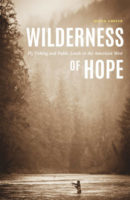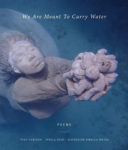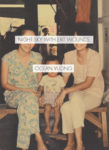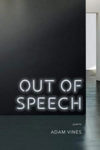 Guest Post by Carly Schaelling
Guest Post by Carly Schaelling
Quinn Grover takes readers into a landscape of rivers, wildness, and fly fishing in his essay collection Wilderness of Hope: Fly Fishing and Public Lands in the American West. His descriptions of Idaho, Utah, and Oregon rivers make the reader feel as if they can hear the current and smell the water. Central to this essay collection is a discussion about home, and he suggests that certain geographies can make us feel “young and old, safe and unsure . . . closer to those I love, yet perfectly alone.”
Through punchy short essays consisting solely of dialogue and moments of self-deprecating humor, Grover’s collection interrogates the meaning of wildness and the importance of public lands. One of my favorite moments in this collection is an essay called “The Case for Inefficiency.” Grover recounts a fishing trip that gets off to a rocky start—a forgotten sleeping bag, a popped tire. Instead of giving in to feeling inefficient, he asks whether it is possible to measure wasted time. If we walk somewhere instead of drive, but find ourselves outside breathing the air and being more patient because of it, is our time really wasted? To treat public lands well sometimes “requires us to blaspheme the gospel of efficiency.”
You don’t have to know anything about fishing to enjoy this book. You will escape to places you may have never been to and fall in love with them when giving this collection a read.
Wilderness of Hope by Quinn Grover. Bison Books, September 2019.
About the reviewer: Carly Schaelling is a creative writing student at Utah State University.



